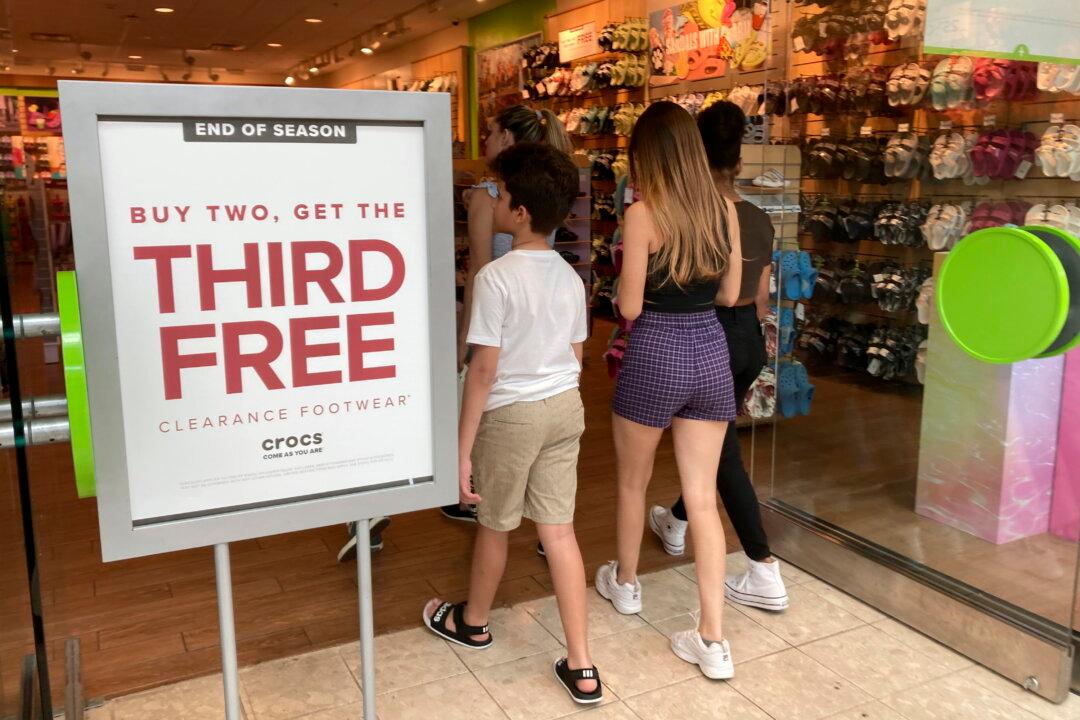Kohl’s slashed its expectations for the year after sales slumped in the second quarter, sending shares down 9 percent at the opening bell Thursday and closing out a mixed week for retailers.
The company that owns Coach and Kate Spade also issued a sales outlook for the year that fell a bit short of Wall Street expectations, sending its shares lower on a day when broader markets bounced higher.





